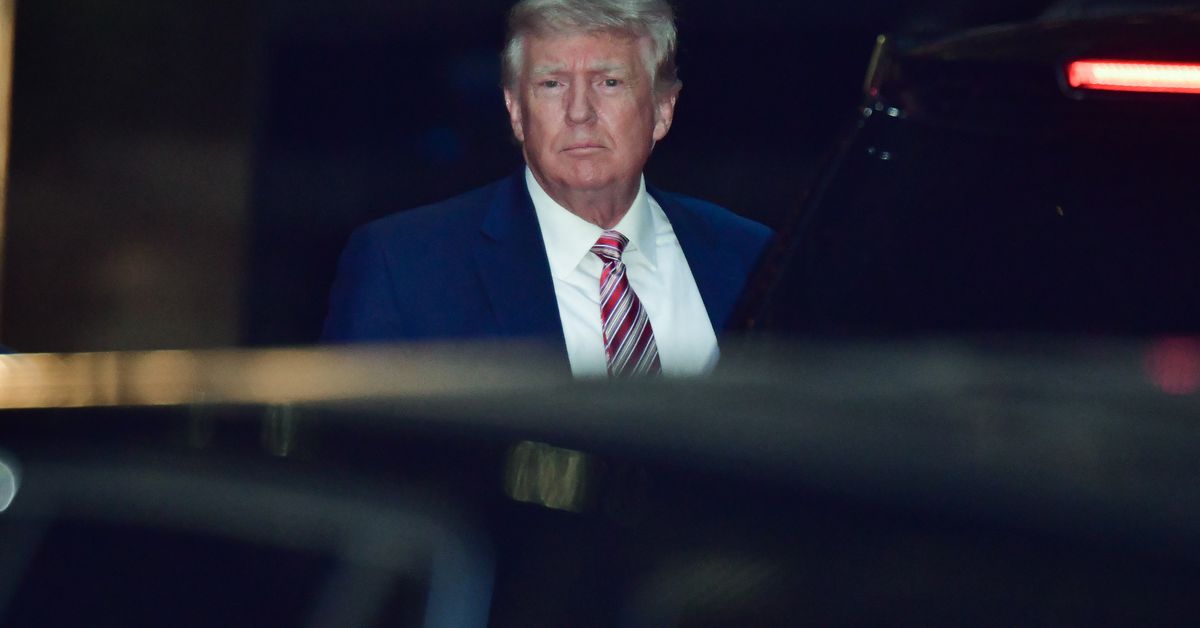On Wednesday, the Supreme Court rejected former President Donald Trump’s attempt to undermine an investigation into the January 6 attack on the US
On Wednesday, the Supreme Court rejected former President Donald Trump’s attempt to undermine an investigation into the January 6 attack on the US Capitol.
In a single-paragraph order, the Court effectively ensured that the US House committee investigating the January 6 attack will obtain documents that could reveal the extent of Trump’s role in those events. This is a departure from the conservative Court’s approach to Trump while he was president, when it effectively thwarted a congressional committee’s effort to obtain Trump’s financial records while Trump was still in office.
The Court did not disclose how each justice voted, but Justice Clarence Thomas publicly noted his dissent.
Trump v. Thompson concerns hundreds of pages of records from the Trump White House, which are currently held by the National Archives. The committee seeks a wide range of White House records concerning the attack on the Capitol, Trump’s activities on January 6, and other documents that could shine a light on Trump’s efforts to thwart the peaceful transfer of power to President Joe Biden. The former president claims that these documents could not be turned over to the committee because they are shielded from congressional investigators by executive privilege.
Executive privilege exists to foster candid conversations between a president and their advisors, on the theory that the advisors will be reluctant to give unpopular-but-valuable advice to a president if that advice could soon become public in a courtroom or a Senate committee room floor. The Supreme Court held in 1977 that this privilege “survives the individual President’s tenure,” but the privilege is weaker for former presidents than it is for an incumbent.
Trump’s attempt to block congressional Democrats’ inquiry into his role in the events of January 6 does raise “serious and substantial concerns,” the Supreme Court’s new order in Trump claims. The questions it poses, about when “a former President may obtain a court order preventing disclosure of privileged records from his tenure in office, in the face of a determination by the incumbent President to waive the privilege, are unprecedented.” But the Court ultimately decides that those questions can wait for another day — implying, in the process, that Trump’s attempt to assert the privilege here is especially weak.
The lower court, the justices note, “concluded that President Trump’s claims would have failed even if he were the incumbent.” Thus, Trump’s “status as a former President necessarily made no difference to the court’s decision.”
Justice Brett Kavanaugh wrote a separate opinion joined by no other justice. It complains that the lower court “suggested that a former President may not successfully invoke the Presidential communications privilege for communications that occurred during his Presidency.” Kavanaugh spends a few pages disagreeing with this claim, and, in a nod to Kavanaugh’s concerns, the Court’s order essentially nullifies those parts of the lower court opinion.
But those relatively minor modifications to the lower court’s decision do not change that this case is a loss for Trump. It is a loss that is entirely consistent with existing law — to the point where it would have been alarming if the Court had intervened on Trump’s behalf. But it is still a loss.
